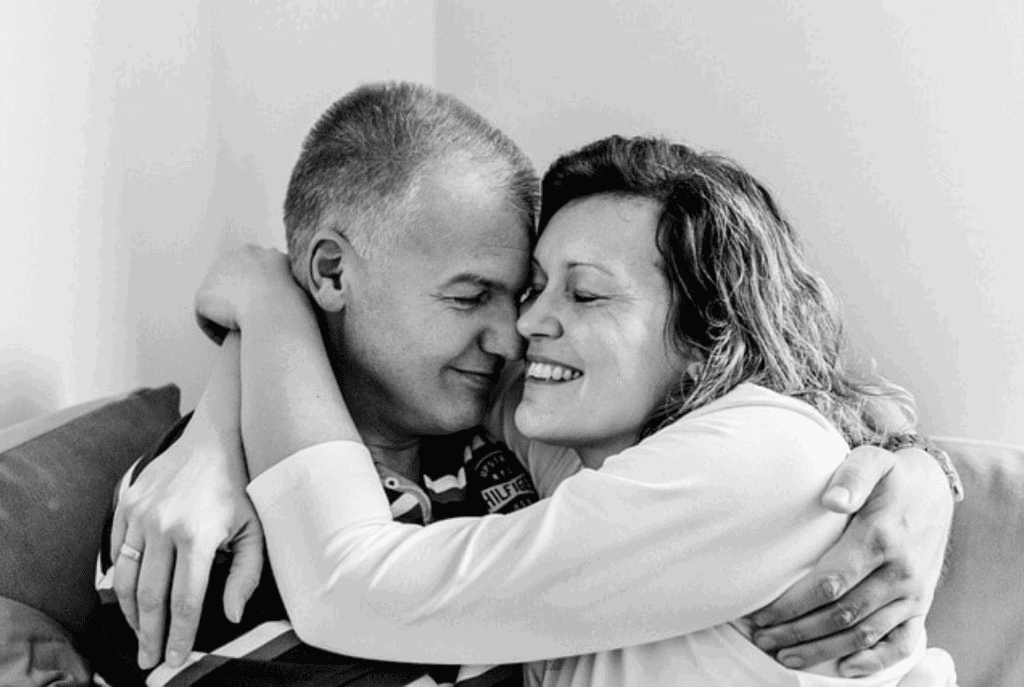Eating disorders are complex mental health conditions that can have severe physical, emotional, and psychological consequences. Recovery often requires comprehensive treatment, which may include various levels of care. One effective option for many individuals is a partial hospitalization program (PHP). These programs offer intensive treatment while allowing patients to maintain some daily life activities. This article will explore what an eating disorder is, the nature and benefits of PHPs, and the different options available.
What is an Eating Disorder?
Eating disorders are serious mental health conditions characterized by unhealthy and disordered eating behaviors. These disorders often stem from a combination of genetic, biological, behavioral, psychological, and social factors. Common types of eating disorders include:
- Anorexia Nervosa: An eating disorder characterized by severe restriction of food intake, intense fear of gaining weight, and a distorted body image.
- Bulimia Nervosa: Involves cycles of binge eating followed by compensatory behaviors such as vomiting, fasting, or excessive exercise.
- Binge Eating Disorder: Marked by recurrent episodes of eating large quantities of food, often rapidly and to the point of discomfort.
- Other Specified Feeding or Eating Disorder (OSFED): Encompasses eating disorders that don’t fit neatly into the other categories but still present significant health risks.

Why Do Eating Disorders Develop?
An eating disorder can develop from a mix of genetic, biological, psychological, and sociocultural factors. Genetic predisposition, brain chemical imbalances, traits like perfectionism, trauma, and co-occurring mental health disorders contribute to their onset. Societal pressures, media portrayals of body images, and peer influence also play significant roles.
Eating disorders can affect anyone, but adolescents, young adults, women, and girls are more vulnerable due to physical and emotional changes and societal pressures. However, they also impact men and individuals of all backgrounds, underscoring the need for broad awareness and support systems.

Eating Disorder Treatment Options
If you or a loved one are suffering from an eating disorder, then it is essential to reach out and ask for help. One of the most effective forms of treatment is partial hospitalization programs. But what is a partial hospitalization program? How does it help people struggling with an eating disorder?
What is a Partial Hospitalization Program (PHP)?
Partial Hospitalization Programs (PHPs) have become increasingly popular as a treatment option for eating disorders, bridging the gap between inpatient and outpatient treatment. PHPs are favored for their intensive yet flexible approach, offering structured treatment while allowing patients to maintain some aspects of their daily lives. This level of care is particularly beneficial for individuals who require more support than outpatient services can provide but do not need the round-the-clock supervision of inpatient programs.
PHPs allow eating disorder patients to access the mental health treatments they need more so than an intensive outpatient program might. It also helps them with medication management, nutrition, and lifestyle changes associated with an eating disorder. In this blog post, we will explore in-depth what PHPs entail. We’ll discuss how it works and why this type of treatment can be useful when it comes to managing your recovery journey, no matter where you’re starting. Reaching out for help in any way can make sure you get put on the path to healthy and holistic recovery.
What is a Partial Hospitalization Program for Eating Disorder Treatment?
In relation to eating disorders, the popularity of PHPs has grown due to their comprehensive and multifaceted treatment models, which typically include medical monitoring, individual and group therapies, nutritional counseling, and family involvement. These programs are designed to address the complex needs of individuals with an eating disorder, promoting recovery through a combination of medical, psychological, and nutritional support. The rise in popularity can also be attributed to the increased recognition of eating disorders and the need for diverse treatment options to cater to different levels of severity and personal circumstances.
Who Can Benefit From PHP?
PHP is intended for those who do not need 24-hour care, like residential treatment, but still need intensive treatment. In a partial hospitalization program eating disorder treatment facility, clients will often take part in individual and group therapy sessions. They meet with a medical doctor and registered dietitian. They also engage in various forms of psychoeducation. The program is designed to help patients identify and manage the underlying causes of their eating disorder. It also helps them develop healthier coping mechanisms and improve their quality of life.
How Can PHP Eating Disorder Treatment Options Help?
A partial hospitalization program can offer a more intensive level of care than outpatient treatment. It allows individuals to maintain some independence outside of therapy while still developing their recovery goals. A PHP involves a structured schedule. This may include group therapy, individual therapy, and supervised meals. It also includes other forms of support, such as family therapy and medical monitoring. With the help of a PHP, those with eating disorders can gain the tools they need to manage their symptoms. They can work towards a healthy, balanced relationship with food.
When to Consider PHP for Eating Disorders
Partial hospitalization program eating disorder opportunities can also aid those who may benefit from a new environment that doesn’t have the same risk factors as their home does. This is especially important when considering their support system at home. These types of programs can give supervised treatment while still teaching patients how to develop coping skills for when they’re at home or around other potential risks.
Partial Hospitalization Program Eating Disorder Treatments to Consider
For individuals struggling with eating disorders, partial hospitalization programs (PHPs) offer essential support and structure while allowing some daily flexibility, unlike residential treatment. Each person’s treatment journey varies based on their needs and symptoms. Below are some common PHP treatments for eating disorders.
Individual Therapy
Individual therapy provides a safe space to explore the root causes of eating disorders and develop coping strategies. Patients work with a professional counselor to create a personalized treatment plan addressing their specific needs and goals. This therapy is a crucial first step for many patients and may include dialectical behavior therapy.
Group Therapy
Group therapy offers a supportive environment where individuals can share their experiences with others facing similar challenges. Guided by a trained counselor, group sessions help patients develop coping strategies and healthier habits to address struggles with food and body image.
Nutritional Counseling
Nutritional counseling helps individuals develop a healthier relationship with food by addressing unhealthy eating patterns. Working with a registered dietitian or nutritionist, patients receive personalized advice on meal planning, portion control, and food choices, which is essential for recovery and well-being.
Medical Monitoring
Medical monitoring involves medication management and regular check-ups by a treatment team of professionals, including a physician, dietitian, and therapist. This team tracks the patient’s weight, vital signs, electrolyte balances, and mental health to ensure progress and prevent complications. Medical monitoring is tailored to each patient’s needs.
Meal Support
Meal support involves having a therapist, dietitian, or trusted person present during meals to offer encouragement and accountability. This support aims to create a safe environment for individuals to nourish their bodies and minds.
Supportive Environment to Facilitate Healing
PHPs prioritize creating a supportive community among patients, which is especially beneficial for those feeling isolated. These programs provide a hopeful and healing environment for the complex journey of recovering from an eating disorder.

How to Support Someone with an Eating Disorder
Even if you know that you or a loved one may benefit from a partial hospitalization program for eating disorder treatment, it can be difficult to know how to support someone before, during, and after treatment. However, there are certain ways in which you can support them through their journey.
Maintain open communication, listen actively, and let them know you’re there for support. Educate yourself about eating disorders to better understand their experience. Encourage them to seek professional help, such as a partial hospitalization program, and remind them they are not alone.
With the proper support system, you or your loved one can start to heal.

Eating Disorder Recovery at Rockland Recovery
Our rehab in Massachusetts is a comprehensive treatment center that offers specialized care for individuals struggling with eating disorders. Our center provides evidence-based treatments, including cognitive-behavioral therapy, psychotherapy, nutritional counseling, and family-based therapy.
What We Offer
Our team of highly trained professionals is dedicated to helping individuals build a unique treatment program tailored to their individual needs. Rockland Recovery also offers support groups and educational programs to help those affected by eating disorders understand the condition and learn coping skills. Our day partial hospitalization program and our evening intensive outpatient program can help you start on your journey to recovery with the support and care you deserve.
Contact Rockland Recovery Today
With our comprehensive approach, Rockland Recovery can provide the necessary tools and resources to help individuals on their journey toward recovery. Get in touch with us today if you or a loved one have any questions or want to start treatment for your eating disorder.

